There was a good share of on-stage comedy happening at Rhiannon Giddens‘ all-star roots music night Wednesday at the Hollywood Bowl. That much was assured, with Ed Helms hosting the evening, and with Steve Martin as one of the featured guests, doing a bit of stand-up to go along with his own serious instrumental picking. But the best joke of the night came early… before patrons even got to their seats, in fact. The gag could be found at the Bowl’s merch booth, where Giddens had a T-shirt on sale with a pointed and hilarious logo. The inscription on Giddens’ souvenir shirts read: “The Banjo: woke since the 1600s.”
That may not be an immediate rib-tickler for everyone, but it counts as one for anyone who has followed Giddens just enough to know that reclaiming the banjo as a Black instrument has been a mission for her. It’s a crusade that has been both joyful and solemn, leading to untold hours of pure picking entertainment on concert stages as well as sobering reminders of how the antecedents of the modern-day banjo arrived in America, on slave ships. So when one of the night’s guest stars, Amythyst Kiah, wished everyone a happy Juneteenth Eve, it was a reminder that there could have been no finer celebration, whether the timing was deliberate or incidental.
Of course, an official Juneteenth event would probably not have included Steve Martin, although Giddens made her position clear that everybody should be able to make a claim on the banjo now, however it got here. As Martin and Helms made jokes about the unpopularity of the banjo in most polite society, there was a lot of irony to go around, considering that over time the instrument has been a fulcrum for Black pride and white embarrassment. It feels like the latter has kind of gone away — who hasn’t come around to thinking of the banjo as utterly cool in 2025? — but it’s still fun to joke about anyway, especially among aficionados.

Rhiannon Giddens T-shirt for sale at Hollywood Bowl
Chris Willman/Variety
This night at the Bowl, which was officially dubbed by the sponsoring LA Phil as “Rhiannon Giddens: American Tunes,” felt historic, on top of just being a giddy good time. And it wasn’t even the first time this year that Giddens has led an audience through something that felt like the stuff of future roots-music lore. (A show to tell your banjo-obsessed grandchildren about?) In April, she convened and curated a three-day Biscuits & Banjos festival in her native North Carolina, a gathering that, in that case, was meant solely to celebrate the work of Black roots artists. This Bowl show was more wide open in its featured billing, obviously, but didn’t feel any less retro-revolutionary in its inclusive lineup. Coming just a couple of weeks after alternative country star Tyler Childers brought a banjo (among plenty of other instruments) to the Hollywood Bowl for a concert that managed to incorporate both string-band music and a progressive message, it’s starting to feel like, even here in Hollywood, the South is gonna rise again… an ideal, Confederate-defying vision of the South, that is.
After Giddens offered a sort of one-song invocation for the night, the Bowl show really got off to a start with an hour-long reunion set by Our Native Daughters, the supergroup that Giddens formed in the late 2010s with Allison Russell, Amythyst Kiah and Leyla McCalla. We can use the term “supergroup” even remembering that, when this group released its sole album to date in 2019 (accompanied by a PBS special), only Giddens was really well-known, among group members; they have all subsequently stepped well into the light as solo artists. For anyone who has ached to see a reunion happen (they last got together to play Carnegie Hall in 2022), this was the key attraction of the night and could just as easily have closed the show as opened it. There was nothing anticlimactic at all about Giddens’ rousing closing set with her own Old Time Band, which is currently out on tour. It was just a little bit as if Neil Young & Crazy Horse were out on the road in their prime and then CSNY happened to kick off one of the gigs.

Our Native Daughters perform at the Hollywood Bowl: Amythyst Kiah, Allison Russell, Rhiannon Giddens and Leyla McCalla
Timothy Norris for the Los Angeles Phil
The legacy of slavery was an undertone — overtone, really — to Our Native Daughters’ lone album, so this first set naturally contained an unfair share of the most emotionally rife numbers of the night. Giddens did more than her part for that later on, too, in her solo-artist headline set with her riveting signature number “At the Purchaser’s Option.” But during this Native Daughters performance, the quartet had the phenomenal group co-write “We’ll Be Dancing,” which makes it clear right from the outset whose party this is: “You put the shackles on our feet, but we’re dancing.” A few numbers later, Russell was singing an emotionally raw lead vocal on the OND track that has made it into a lot of her solo shows, “Quasheba, Quasheba,” named for an enslaved person that the Canadian native found in her ancestry. It’s as bracing a slap in the face as music gets — but, at the same time, a beautiful love song across generations. From there, things could only get less intense, but it didn’t mean that, even in a lower-key mode, abolitionist Frederick Douglass’ name wouldn’t come up, as McCalla gave the audience her source material for “Sun Without the Heat.”
As much as Helms claimed in his introduction for the night that there would be “thousand of banjos… too many banjos” on stage, that proved to be a slight exaggeration, as Our Native Daughters showed their multi-instrumental skills, never all playing the banjo at once. (They’re lined up doing that for the publicity still for their 2019 album, but an actual army of banjos may be something better-suited to a photo shoot than actual musicality.) Russell played a sweet clarinet as well as the night’s primary instrument, and Giddens of course spends as much time as a fiddler as banjoist, while Kiah concentrated on guitar and McCalla played a mixture of cello and guitar. For this summit meeting, they were joined by Russell’s rotating Rainbow Coalition band — Megan Coleman on drums, Ganessa James on bass and, bringing a touch of Daniel Lanois-like swamp guitar to the mix, Megan McCormick on electric guitar.
It was Kiah who wrote the contemporary folk-soul song that will forever be Our Native Daughters’ big sing-along, for however long they may reunite to do shows, just as it is in her solo sets, “Black Myself.” Kiah addressed the nightly elephant in the room: whether it’s OK for a largely melanin-challenged audience to join in on that one. “Another thing that people have asked me, mostly white people, is if it’s OK to sing the song. I remember we were in the Cambridge Folk Festival — myself, Rhiannon, Layla and Yola — and we ended our set with 600 white English people singing ‘Black Myself’ back to us. And we looked at each other and we were like, What just happened? And then I really came to the conclusion that this is a song about human beings overcoming adversity, and we are all human beings and we can all connect with that message of being held down, of having a boot on their neck.” So, Kiah concluded, “I think as long as I can sing ‘Coal Miner’s Daughter,’ you all can sing ‘Black Myself.’”

Members of Our Native Daughters and the Rainbow Coalition band take a bow at the Hollywood Bowl
Timothy Norris for the Los Angeles Phil
The mood changed more than a little as (white) banjo player extraordinaire Alison Brown took the stage for an instrumental number with her band, followed by Martin, coming out onto the stage to enjoin her for a musical-comedy number, “I Can Play the Banjo.” The joke of that tune’s dueling-banjos motif is that Martin is engaging Brown in a duel while being ill-equipped, as a mediocre soloist — although accuracy eventually leads him to finally reveal he’s a proficient picker himself at the end. The comic actor then let everyone leave for a spell while he regaled the Bowl with the world hates us humor riffs.

Steve Martin, Robbie Fulks and Alison Brown perform at the Hollywood Bowl
Timothy Norris, provided courtesy of the LA Phil
“For those of you who don’t know, there’s a big difference between the banjo and the guitar,” he declared. “The banjo has a round pot that projects the sound outward, and the guitar can get you laid.” And: “A man once said, ‘To be able to play the banjo is to live forever… alone and in a van… Young and inventive banjo players come up to me and they say, ‘Steve, how can I get my music out in front of people like you have?’ And I always say the same thing. I say, ‘One, be very creative. Don’t let anyone tell you how to write your music, And two, already be famous.’”
Martin has earned his bluegrass stripes with or without a “Father of the Bride” pedigree, and he proves his worth not just by being an accomplished picker of five or six decades standing but by his good taste in associates. In the distant past it was the Steep Canyon Rangers but for now it is Alison Brown and her band of renown, Brown being the world’s most virtuosic label boss in her role as founder of Martin’s current record company, Compass. Brown also had in her employ for the evening another Compass artist, the great singer-songwriter Robbie Fulks, on acoustic guitar (he too plays a fine banjo, but was not asked to do so in this setting). It fell to Fulks to sing lead on a single that Martin and Brown just put out, “5 Days Out, 2 Days Back,” which another bluegrasser, Tim O’Brien, sings on the record. Martin intro-ed Fulks as one of the best contemporary bluegrass singers, asked him to say “a little bit about yourself,” and let one word get out before moving on ahead.
(The bit was a further example of how good Martin is at balancing the twin comedies of superciliousness and self-humiliation. May he never deign to flatter us with an actually earnest moment in-between songs in any of his musical performances; it’s enough for a music audience to know implicitly how sympathetic a character Martin is, just from his decades of quietly championing the ultimate underdog instrument.)
Giddens’ headline set was a pure blast of old-time music — which, for anyone not aware, is an actual genre (not contemporaneously named, obviously), akin to but preceding bluegrass. Well, almost pure; at one point in the show, her nephew, Justin “Demeanor” Harrington, took the lead to do a rap/old-time hybrid… and if that sounds painful, it was actually brilliant, and made you immediately wish you could hear a whole set of the stuff. But otherwise, this set was streamlined toward the bygone style recaptured in the recent album release “What Did the Blackbird Say to the Crow,” which she recorded as a fiddle-and-banjo duo project with Justin Robinson, her former cohort in the groundbreaking group the Carolina Chocolate Drops. Robinson is back on board with her for Giddens’ current tour (after they both participated in a Chocolate Drops reunion at Biscuits & Banjos), but she’s fleshed the sound out with a full complement of players, including multi-instrumentalist Dirk Powell, guitarist Amelia Powell and bassist Jason Sypher. If you know Giddens, you know she would not use this as an occasion to assemble anything but the string band of your dreams.

Rhiannon Giddens and her old-time band at the Hollywood Bowl
Timothy Norris, provided courtesy of the LA Phil
As many pinnacles as the Our Native Daughters set had offered a couple of hours or so earlier, there was not going to be anything to beat the so-called title track of this tour: GIddens’ cover of Paul Simon’s “American Tune.” It’s a slightly rewritten version, which she and Simon previously sang together on two occasions in 2023, at a Simon tribute taping in Hollywood and at the Newport Folk Festival. Simon presumably changed the lyrics with Giddens, and with all Black Americans, in mind: ““Oh, we come on the ship they call the Mayflower / We come on the ship that sailed the moon” became “We didn’t come here on the Mayflower / We came on a ship in a blood red moon.” That’s moving as hell, even if most Bowl-goers might not have even noticed the shift. Probably most of the audience in progressive-leaning L.A. was just getting chills from identifying with lines like “I don’t have a friend who feels at ease” and “You can’t be forever blessed,” presciently capturing a foreboding that crosses all racial lines right now.

Rhiannon Giddens and Justin Robinson at the Hollywood Bowl
Timothy Norris, provided courtesy of the LA Phil
The Simon & Garfunkel tune appeared to be the capper to the evening, as Giddens said they’d run out of time to get in their long-rehearsed full-cast finale before the Bowl’s 10:45 p.m. curfew. And then, whether it was a miracle or a favor, she announced they’d gotten an exemption to proceed with a show-closer that had nearly everyone returning to the stage for another American tune, the bluegrass favorite “New River Train.”
“That same old train that brought me here is carrying me away again,” sang the couple of dozen of players who’d populated the stage for the last three hours, in unison. The spooky portent of the Paul Simon song slipped away as, for a few minutes, just about everyone in the crowd had to all be wondering whether, with access to spirit-rousing music even in dystopian times, we might still be forever blessed after all.

Rhiannon Giddens and full cast close out the show at the Hollywood Bowl
Timothy Norris, provided courtesy of the LA Phil

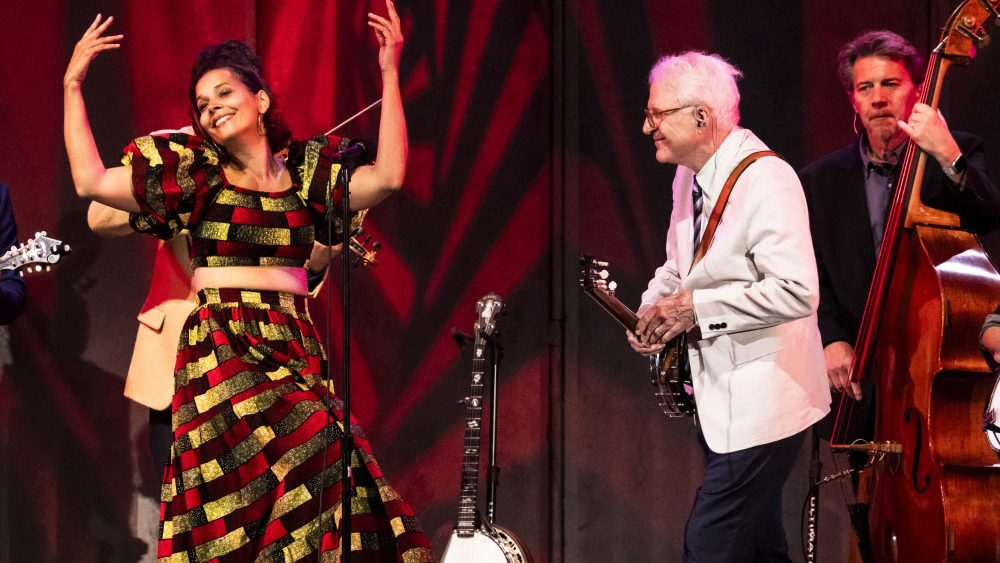
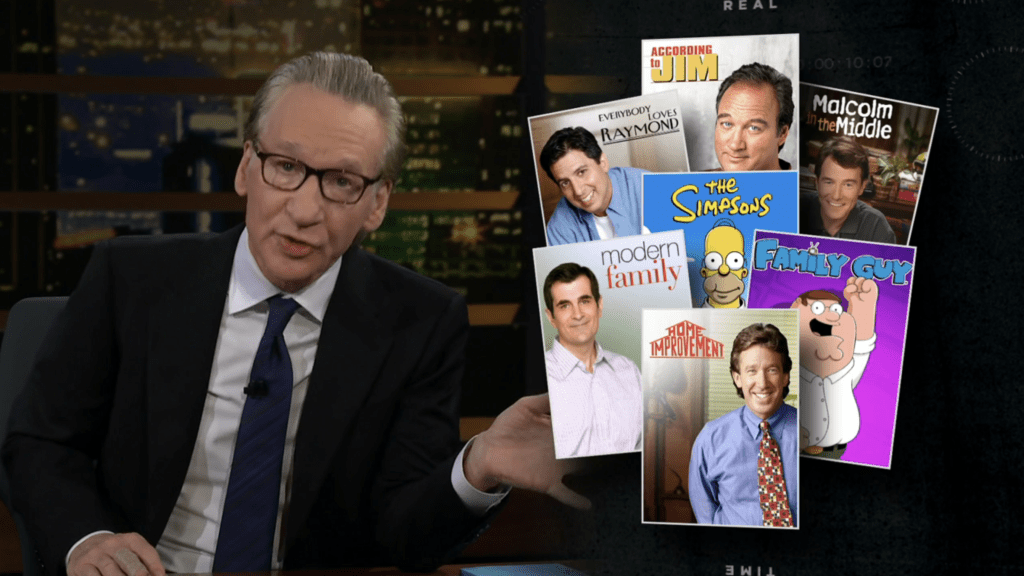
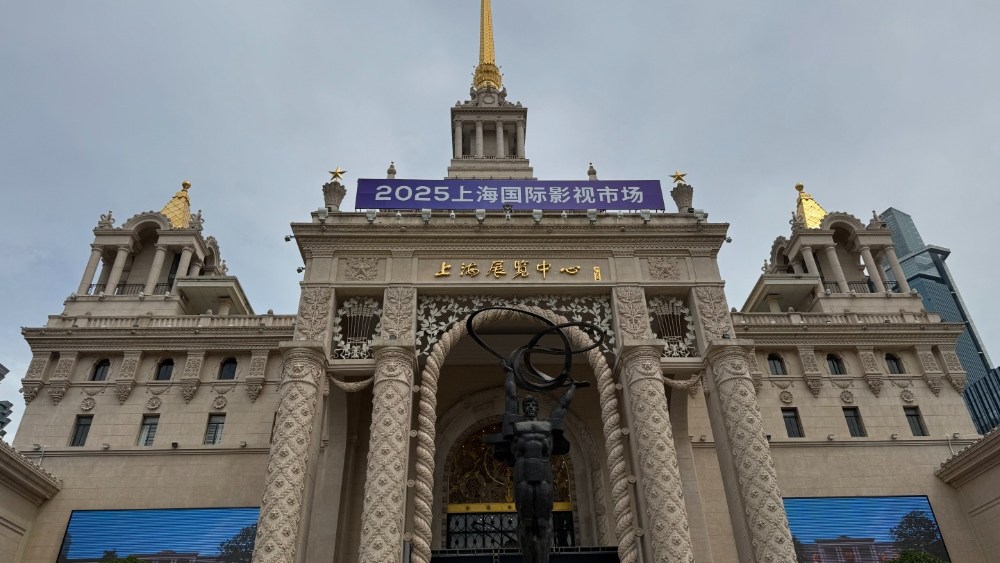
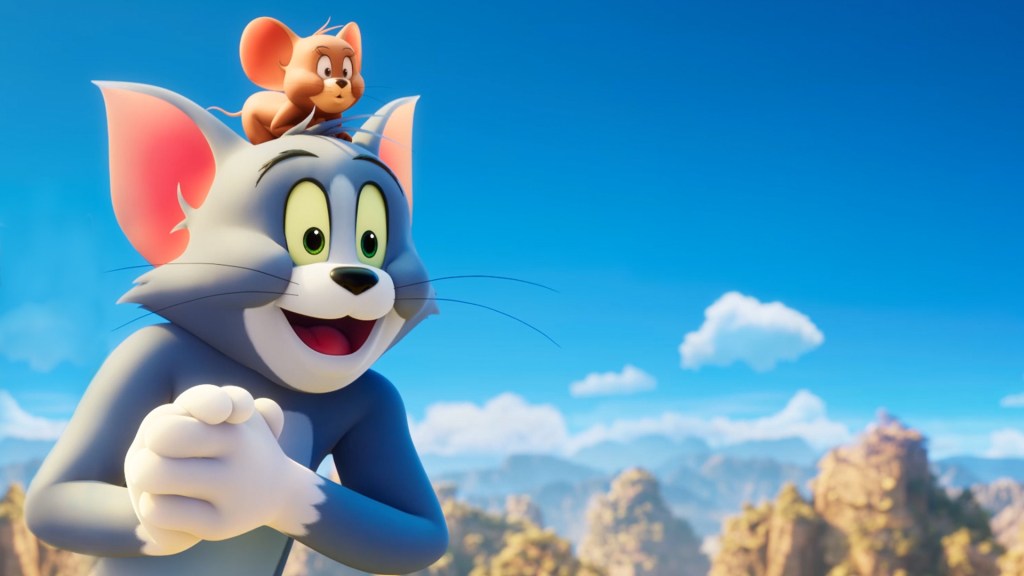
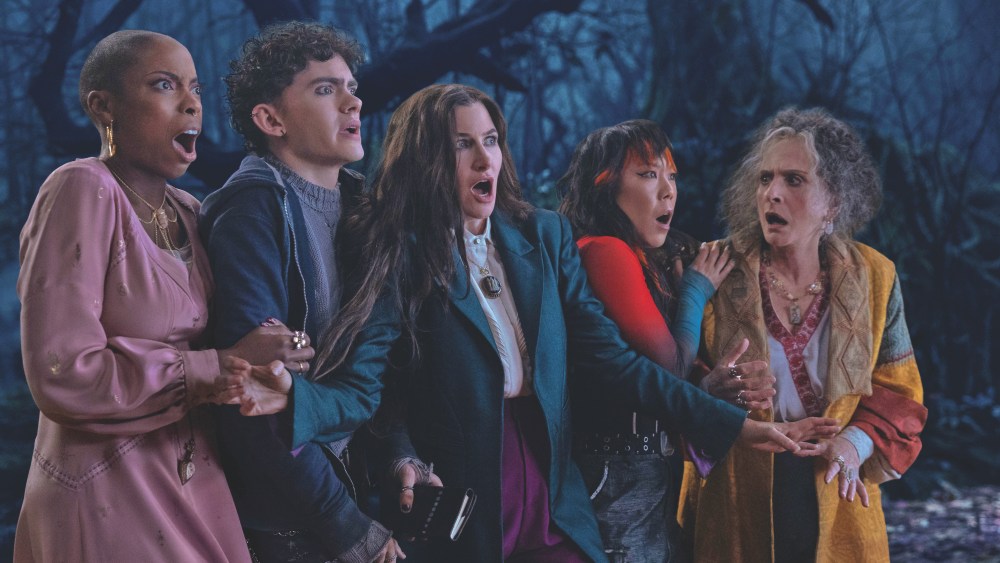
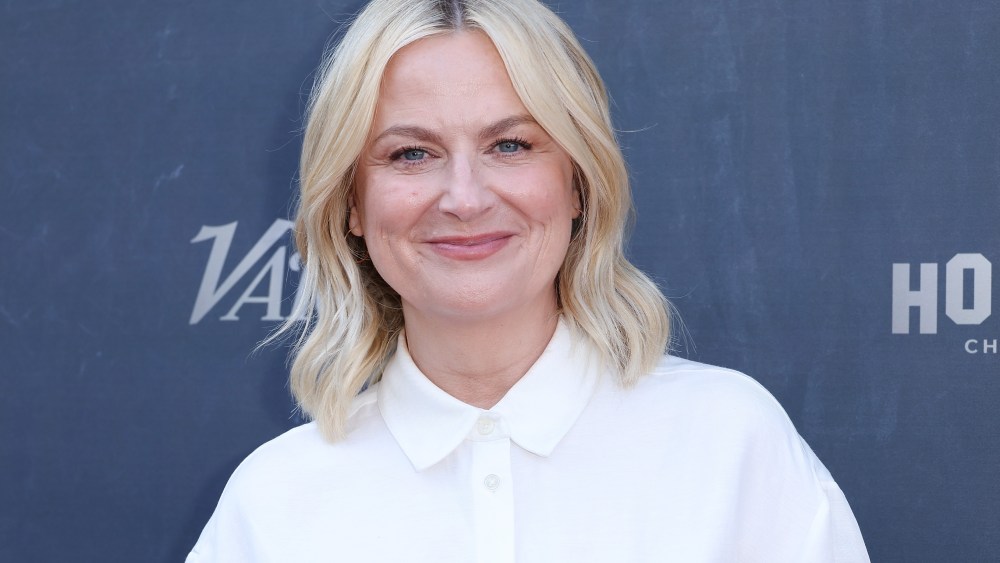
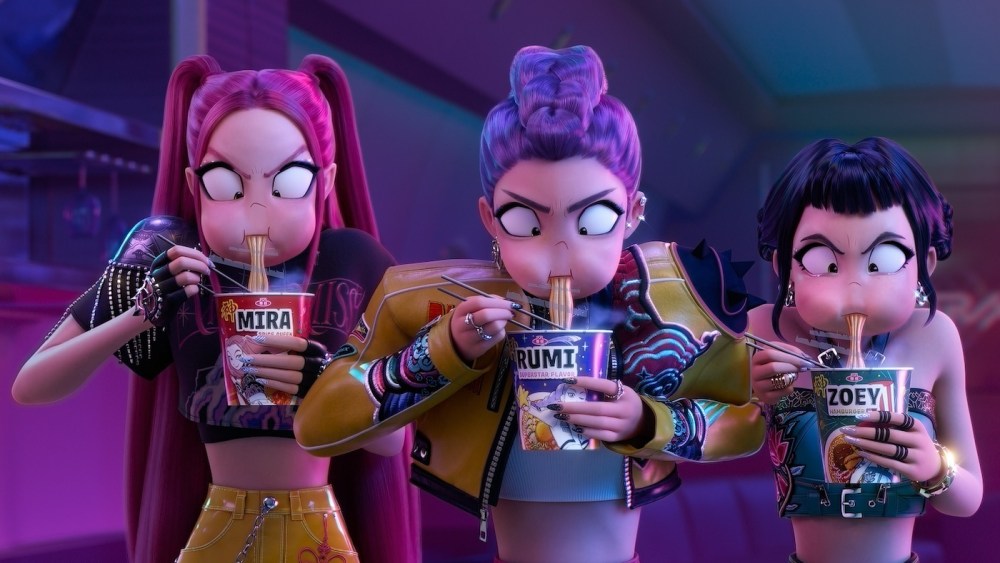
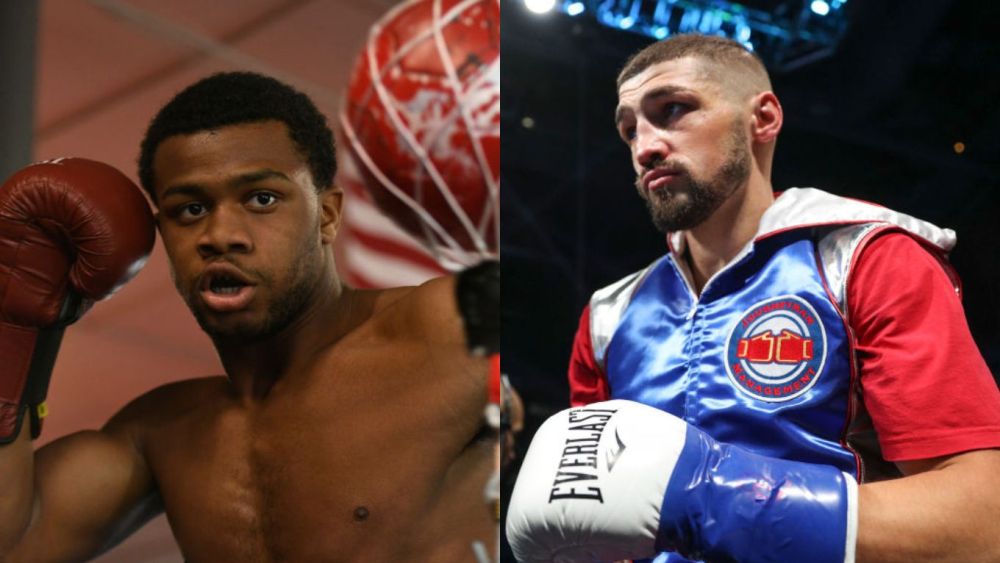
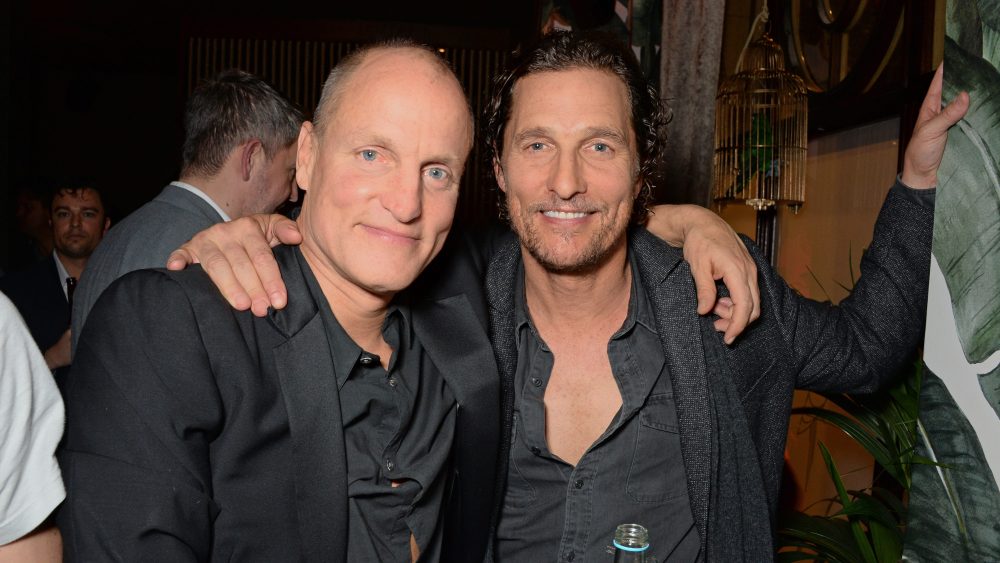
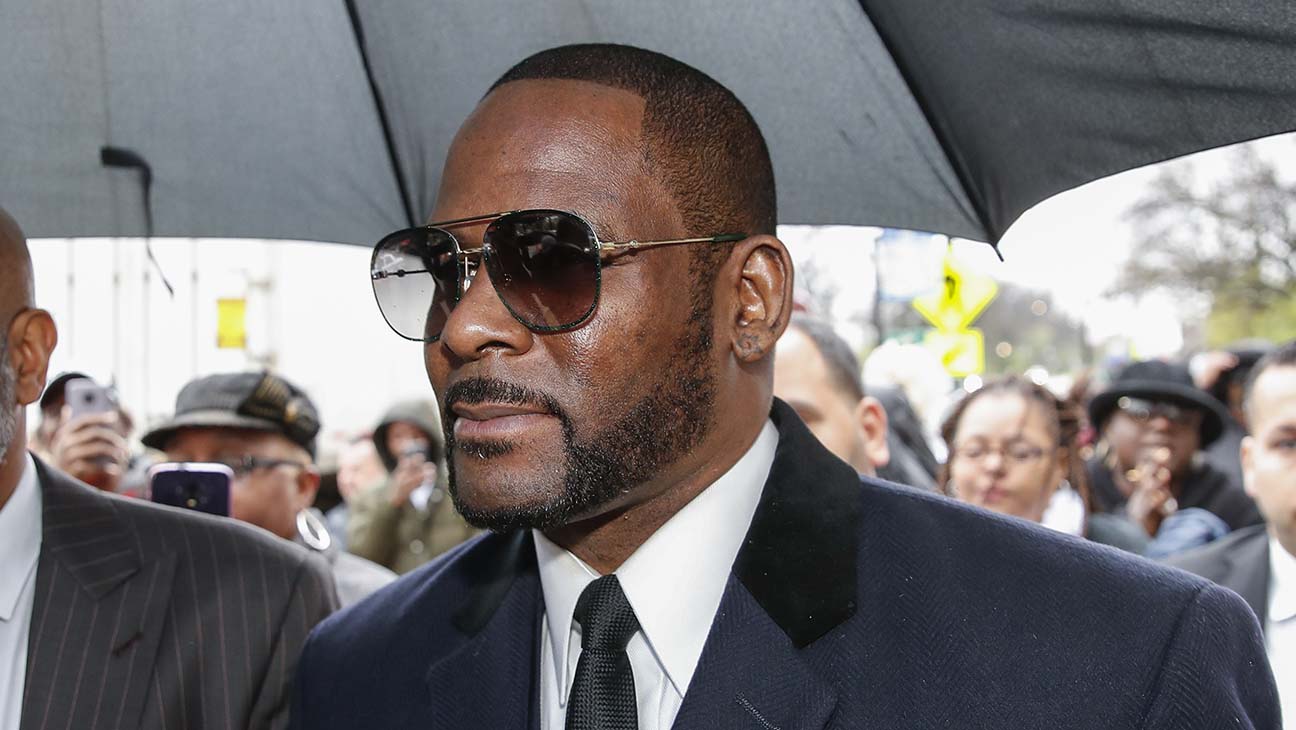

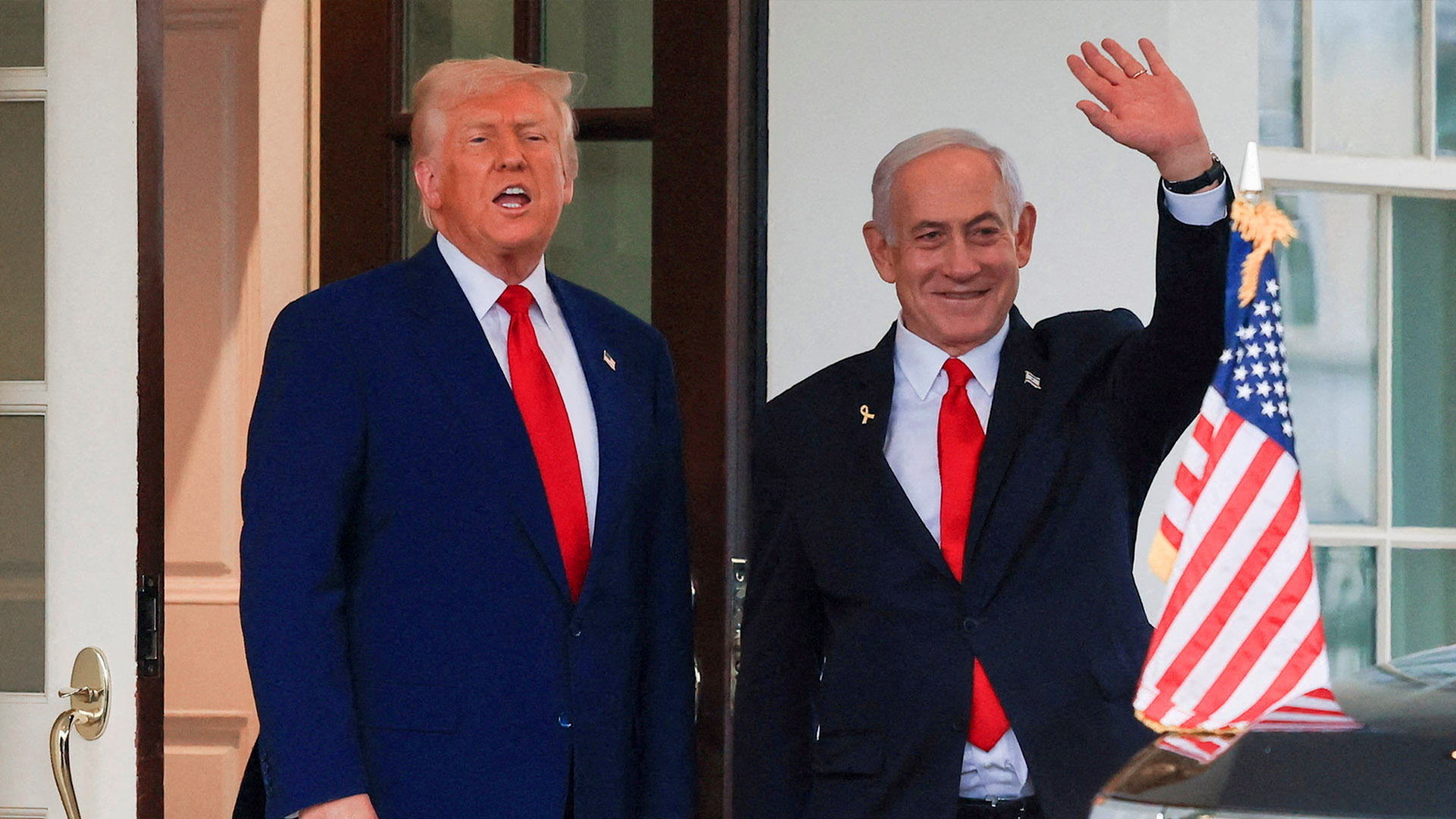
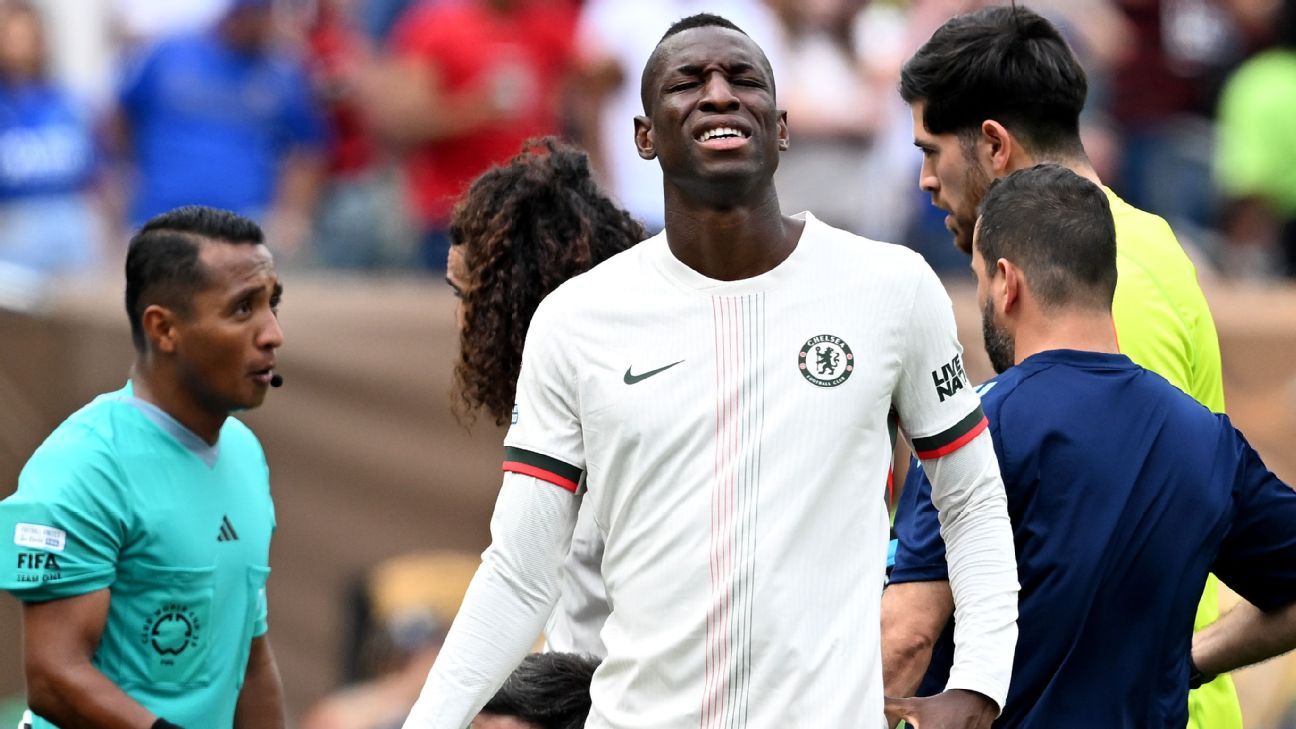

Leave a Reply